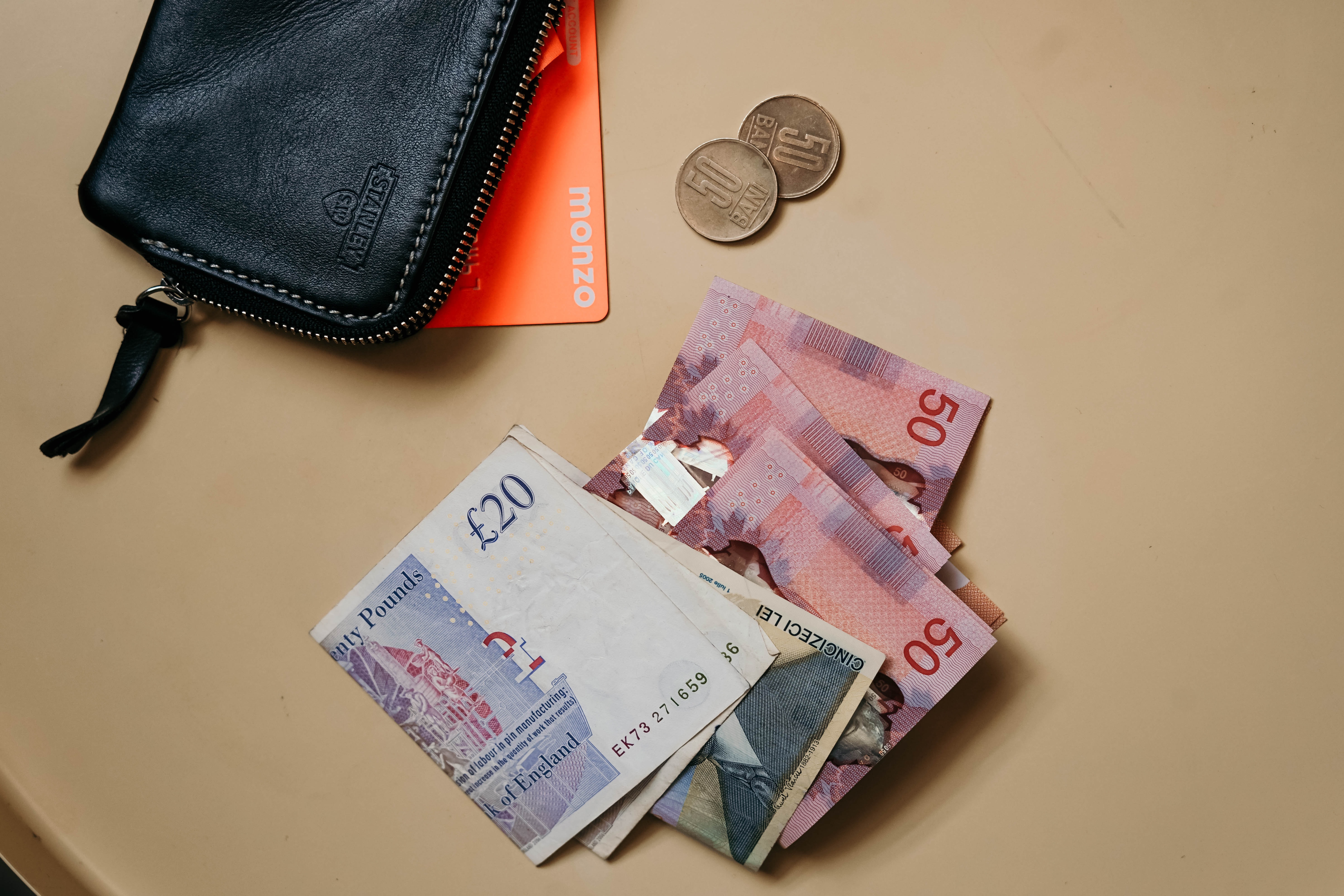Often overlooked, your origin story is an important part of building your brand. Your customers are searching for an emotional connection to your company and sharing where it all began is part of building that.
So, what is an origin story? In the context of a business or organisation, it is the events that lead to how and why you came to exist. It is fundamentally a human story. A chance encounter perhaps. Inspired from a frustrating experience that led to a thought that “there must be a better way than this”.
In a world where people have a lot of choices, the story may be the deciding factor
Nick Morgan, author of ‘How to Tell Great Business Stories’
Famous origin stories have often started in a kitchen, like The Body Shop, or the ubiquitous garage like Amazon or Apple. Your origin story is part of the authenticity and character of your brand and is something to be shared and celebrated. It is no surprise that the stories that stand out are those told of home-grown beginnings from a kitchen table or a dusty old garage. They offer the unexpected – a valuable marketing asset. They offer the truth about your brand and allow your customers a more personal experience.
How origin stories have helped shape brands
Origin stories can also have a fundamental effect on the life of a brand. Take Monzo for example: a banking start-up whose luminous coral debit cards have become their most famous asset, the origin of which was rather accidental. Monzo’s CEO recalls how when under pressure at a printer, his designer said why not go with the colour of his shoes, a pair of coral Nike trainers. The CEO loved the idea, and the rest is history.

Airbnb’s origin story has reached almost mythical status. When the two founders Brian Chesky and Jo Gebbia moved to New York they saw an opportunity when they noticed all the hotels in the city were booked during the Industrial Design conference. They bought a few airbeds, quickly put up a website and called it ‘Air Bed and Breakfast’ – and the household name Airbnb was born.
How to find your origin story?
Start by writing down the key elements of your story. The place, the date. What was the cultural or political situation at the time? In Monzo’s case, it was the financial crisis that provided the impetus to challenge conventional thinking. What triggered the idea that led to founding your business or organisation?
What was the problem you were looking to solve? Who were the characters involved? What are their names? What are their backgrounds?
Apple was founded by college dropouts Steve Jobs and Steve Wozniak who had a vision of changing the way people viewed computers – driven by the desire to make computers small enough to have them in their homes.
Your origin story is a human story, and the characters should be the heroes. If there was more than one founder – how did you meet? What frustration or problem did you share? And how did you overcome it?
The tone of your story should be honest and sincere. If you failed along the way, write about it. Share your vulnerabilities. Starting a business or organisation is never easy, and the grit and determination of overcoming barriers only strengthens your story and your followers.
Think of your origin story like a film. The hero’s journey. The tale of the unexpected. From a college dropout to running the most successful business in the world. And who knows, one day someone might want to make a film about it!

Jon Scott
Creative Thinker & Founder
Jon is Creative Thinker & Founder of Thinking loud & clear. Jon helps build strong brands that create positive change. That positive change might be increasing membership, increasing customer loyalty or gaining a competitive advantage.